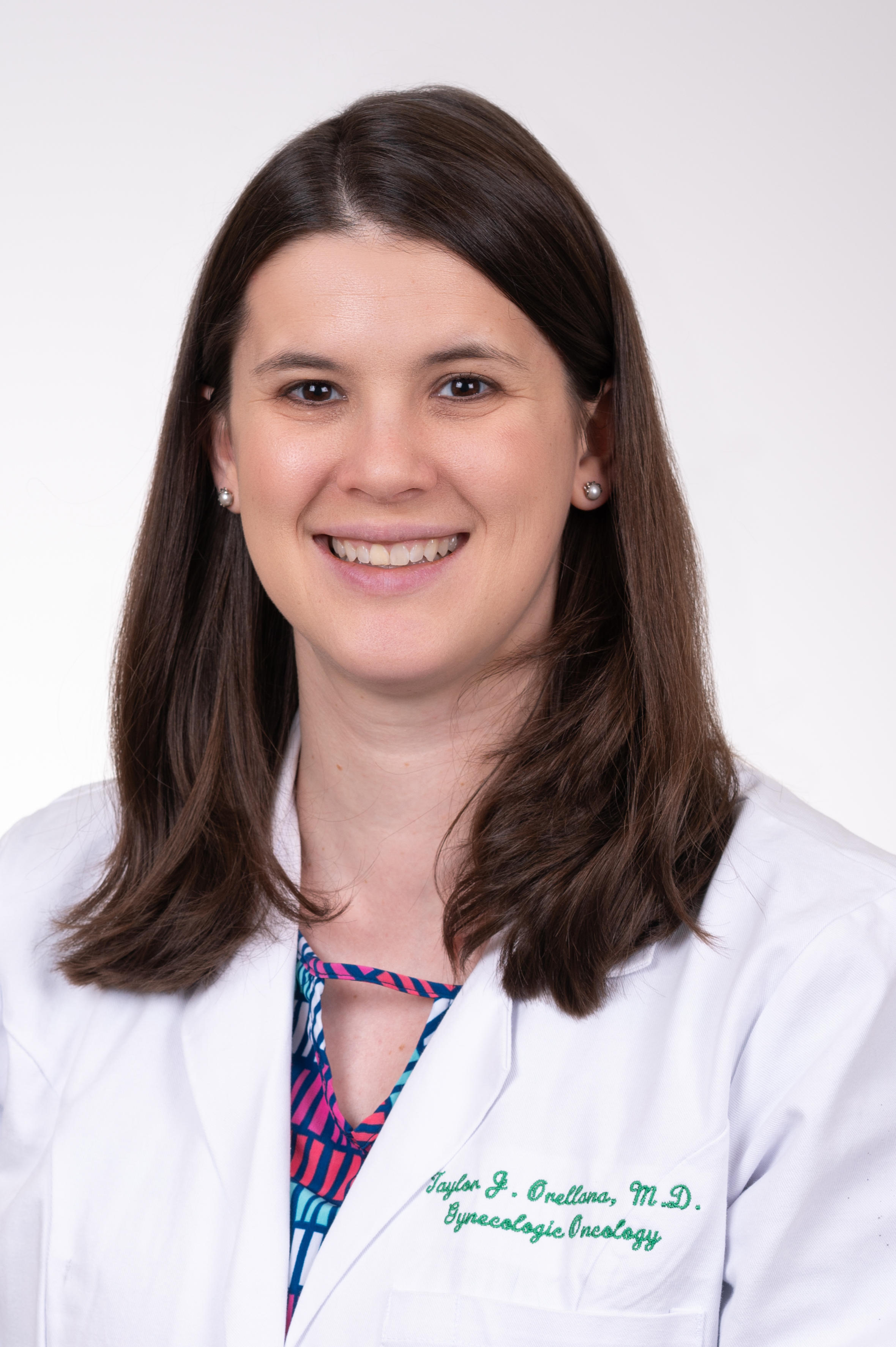About 240 women in South Carolina will get a diagnosis of cervical cancer this year. It’s not a common cancer, which is why it’s important that you be seen by a specialized and highly experienced team if you’ve been told that you have cervical cancer. As the only NCI-designated cancer center in South Carolina, MUSC Hollings Cancer Center can offer you the most advanced, cutting-edge treatment, including access to clinical trials of the latest medications and treatment methods.
Our cervical cancer specialists include physicians who are double-board certified in obstetrics & gynecology and gynecologic oncology. This means they’ve sought out additional training specific to gynecologic cancers, and they’ve demonstrated their expertise through a rigorous application and testing process. Our cervical cancer team also includes radiation oncologists, pathologists, a nurse practitioner who specializes in women’s cancers, a nurse navigator dedicated to women’s cancers and a full suite of patient services.













